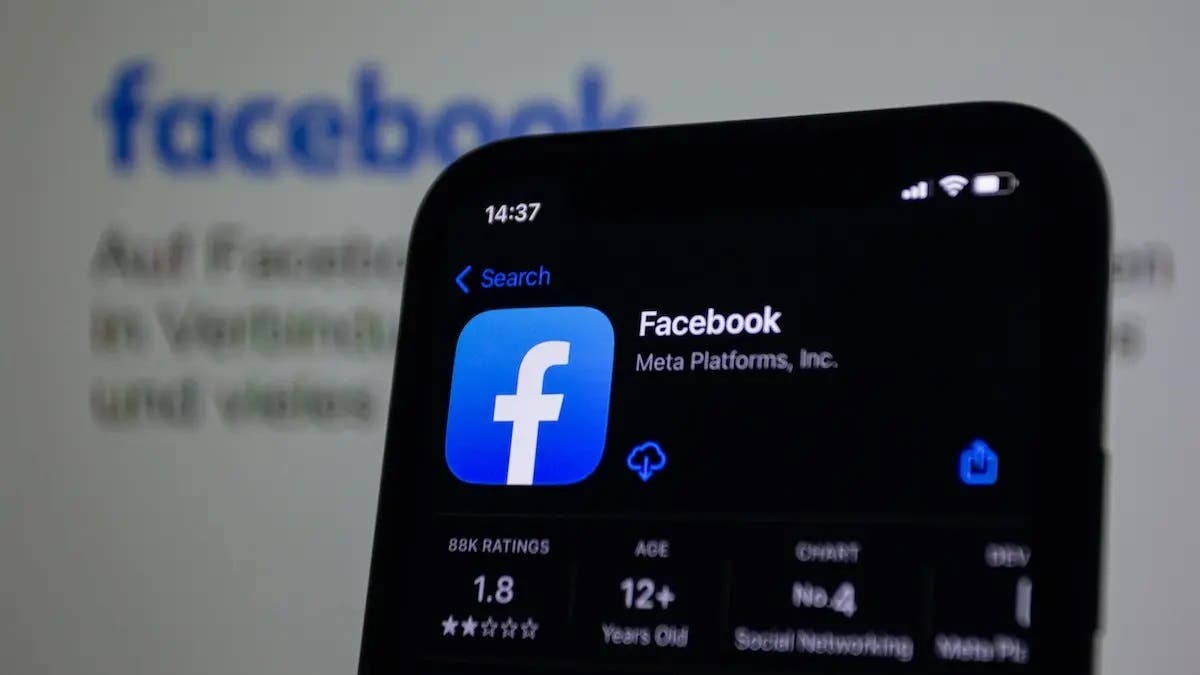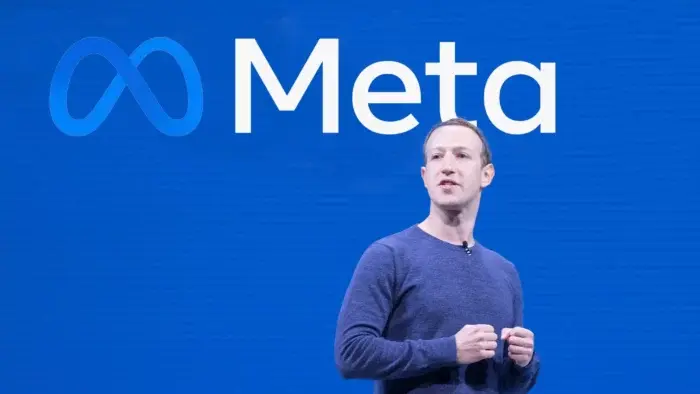In the European Union (EU), Meta is making a significant strategic move. The New York Times proves it will introduce paid-for, ad-free versions of Facebook and Instagram. These changes come because rules are stricter, and tech may vary in the US and Europe due to government choices.
Users in the EU who opt for these premium memberships will have a seamless experience on both platforms. With this change, EU users will have options beyond Meta’s ad-based services, which rely on data analytics for targeted ads. Meta is doing this because EU authorities are worried about rules and privacy.
Meta will still offer free versions of Facebook and Instagram with ads in the EU, in addition to these premium versions. At the moment, we have no clue when Meta will make the paid versions of Facebook and Instagram live. Because it’s secret and sensitive, Meta won’t say anything about it.
Meta’s Meta-Morphosis
For nearly 20 years, their main plan was to give free social media and make money with ads. Now, they might change that by making people pay and adapting to new EU laws.
Several big reasons explain why digital firms are facing more rules. In July, the EU’s highest court banned Meta from using its user data from multiple platforms without explicit consent. Plus, Irish regulators imposed a significant €390 million fine on Meta in January because they made people accept custom ads to use Facebook.

The GDPR, a rule from 2018 in Europe, is why they did this. It’s to protect online data and give people more say in how it’s used.
Meta studying paid subscriptions tells us that in the EU, which has 27 countries and over 450 million people, tech experiences might differ because of new laws and court choices. This shift shows how this niche in the EU is changing in comparison to other areas.
In the EU tech world, there are signs of this. On apps like TikTok and Instagram, people can choose not to let their data be used for personalized stuff because of a new rule called the Digital Services Act. Also, Snapchat and Meta don’t use special ads for 13-17-year-olds in Europe anymore.
Major web platforms will be required to change the way they operate to promote competition under the yet-to-come Digital Markets Act. Apple, for example, will allow users in the EU to download App Store replacements for their iPhones and iPads.
This shows that web companies follow the rules, not the other way around. They’re also obeying EU tech laws.
Beyond Targeted Ads
EU officials have put a lot of pressure on Meta, Messenger’s parent company. In May, the EU fined Meta €1.2 billion for sending personal data about European residents to US computers to improve ad tech. They disagree and are still dealing with EU legal problems.
Other than that, Meta was fined for GDPR violations, including a €265 million penalty for a data breach in 2021. An additional €225 million fine was levied by Irish regulators for infractions related to WhatsApp, while a €17 million fine was levied for a data breach.
Meta’s own people say they can fix EU problems by letting users pay for a version without ads. Even if only a few do, it helps Meta and shows they can handle new rules.

Europe is now Meta’s second most lucrative market after North America. Meta’s chief financial officer, Susan Li, revealed in April that 10% of the total revenue comes from ads in the EU. Meta must understand the tricky EU rules to do well later.
Other than its EU problems, Meta wants to make its business better. They’re not sure how the economy will affect ads. They’re also working on Mark Zuckerberg’s big idea, the metaverse. It’s just starting, but Meta is really into it.
FB leaders are also big on using AI in their products. They want to make things better and use the latest tech, like many others in the industry.






bitcoins can be recovered with the help of a cryptocurrency expert ill recommend a professional who helped me with my bitcoins recovery from a wrong investment i made
[coinsrecoveryworldwide]
@
G
MaiL
[.]
COM
HE DID A SUPER JOB FOR ME